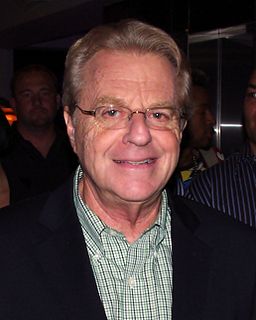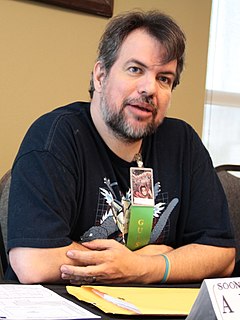A Quote by Margaret Thatcher
Reagan did not suffer from the dismal plague of doubts which has assailed so many politicians in our times and which has rendered them incapable of clear decisions.
Related Quotes
It is our destiny to live with the wrong as well as the right kind of citizens, and to learn from them, the wrong-minded ones, as much or more as from others. If we have not yet succeeded -after how many centuries?- in eliminating from life the elements which plague us perhaps we need to question life more closely. Perhaps our refusal to face reality is the only ill we suffer from, and all the rest but illusion and delusion. (p.26)
The registering of doubts hath two excellent uses: the one, that it saveth philosophy from errors and falsehoods; when that which is not fully appearing is not collected into assertion, whereby error might draw error, but reserved in doubt: the other, that the entry of doubts are as so many
suckers or sponges to draw use of knowledge; insomuch as that which, if doubts had not preceded, a man should never have advised, but passed it over without note, by the suggestion and solicitation of doubts, is made to be attended and applied.
To worry is to acknowledge that the world is unpredictable, and there is power in understanding one's own powerlessness at times. But too often worry takes on life of its own. Men are quite prone to this. They'll plague themselves with so many 'what if's and 'if only's that they soon forget to ponder the true possibilities before them. Which inevitably lead to poor decisions. Whatever happens will happen. Sometimes we have say over the future. Sometimes we don't. Either way, worrying alone never accomplishes anything.
In abandoning the understanding that things - services, goods, wars, and houses - have costs, we risk becoming infantilised, incapable of making decisions about government or finance, and perhaps above all about the environment, the wellbeing of the planet upon which we depend and which our children will inherit from us.
Philosophy, though unable to tell us with certainty what is the true answer to the doubts which it raises, is able to suggest many possiblities which enlarge our thoughts and free them from the tyranny of custom. Thus, while diminishing our feeling of certainty as to what things are, it greatly increases our knowledge as to what the may be; it removes the somewhat arrogant dogmatism of those who have never travelled into the region of liberating doubt, and it keeps alive our sense of wonder by showing familar things in an unfamilar aspect
There has been in our time a lack of reliance on language and a lack of experimentation which are frightening to anyone who sees them as symptoms. We know the phenomenon of stage-fright: it holds the player shivering, incapable of speech or action. Perhaps there is an audience-fright which the play can feel, which leaves him with these incapacities.
The whole machinery of our intelligence, our general ideas and laws, fixed and external objects, principles, persons, and gods, are so many symbolic, algebraic expressions. They stand for experience; experience which we are incapable of retaining and surveying in its multitudinous immediacy. We should flounder hopelessly, like the animals, did we not keep ourselves afloat and direct our course by these intellectual devices. Theory helps us to bear our ignorance of fact.
The cost of campaigning has skyrocketed in recent years because of the falloff in TV viewership. With only one-third as many people watching TV as did 20 years ago, politicians have responded by buying three times as many ads, driving the cost of campaigning to levels which only favored candidates can afford.








































